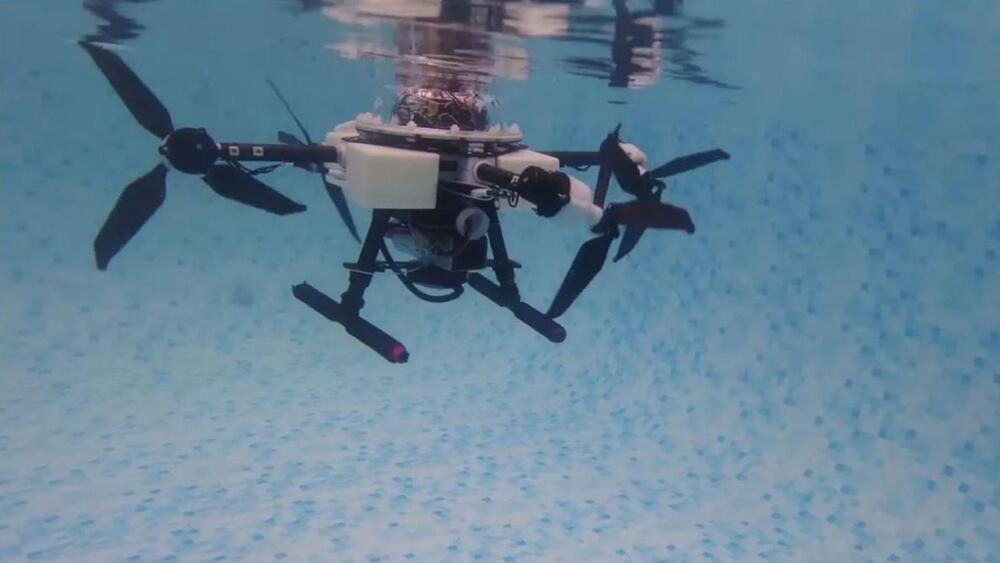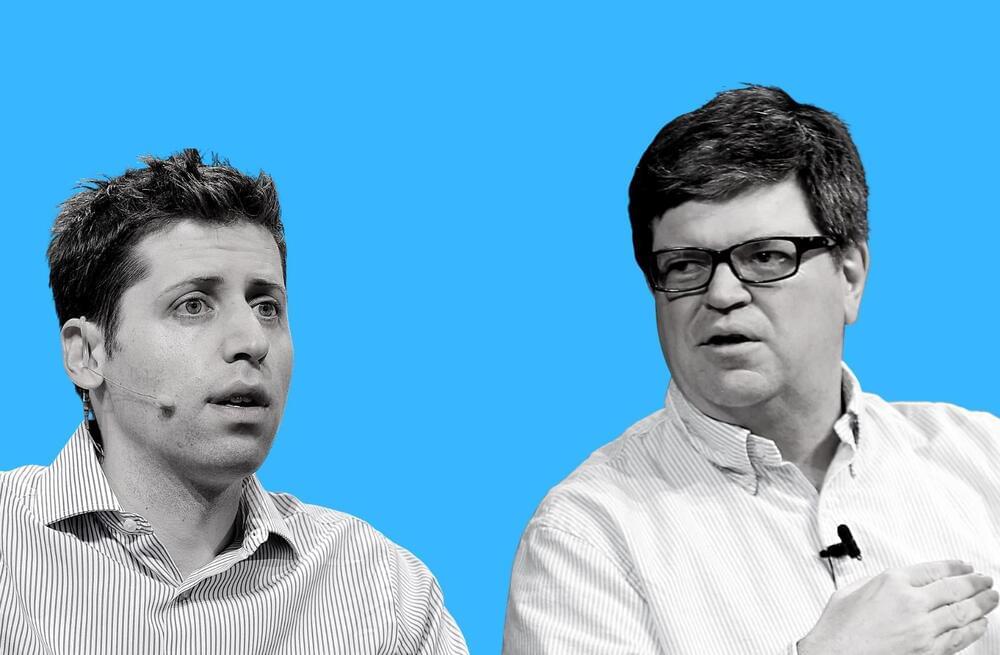A combination of citizen science and machine learning is a promising new technique for astronomers looking for exoplanets.



The ERNIE bot could be China’s most notable entry in the race to create lifelike AI bots.
One of the world’s biggest AI (artificial intelligence) and internet firms, Baidu, had its shares skyrocket more than 14 percent on Tuesday after the Beijing-based search engine titan announced it would launch its own ChatGPT-style service.
What is ERNIE?
Getty Images.
The company’s “ERNIE Bot” AI chatbot, also known as “Wenxin Yiyan” in Chinese, will complete internal testing and launch in March. Much excitement has developed towards what may be China’s most notable entry in the race to create lifelike AI bots.
It will produce three times more energy in winter months.
AlpinSolar, a joint venture between three Swiss companies, has successfully completed installing 5,000 solar panels on the Lake Muttsee Dam in Switzerland, Reuters.
Sun and snow generate more energy.
AlpinSolar.
With a project like AlpinSolar, the Swiss have just begun their large-scale transition from nuclear power to green energy, as planned in 2011. Interesting Engineering has previously reported how Switzerland built a massive ‘water battery’ to store its renewable energy.

With its state-of-the-art design, it provides endless possibilities for exploration and adventure!
A research team at the Chinese University in Hong Kong recently demonstrated that, despite giving off an aura of extraterrestrial technology to onlookers, it’s not out-of-this-world for objects to traverse between water and air in the blink of an eye.
Mirs-X-a revolutionary new quadcopter prototype.
Chinese University of Hong Kong.
This remarkable capability was highlighted by videos from various military branches showing Unidentified Aerial Phenomena performing such a feat.

Most of those at risk reside in just four countries.
15 million people are at risk of floods caused by glacial lakes, with more than half of those exposed living in just four countries, according to a press release.
Which countries are most vulnerable to glacial flooding?
Getty Images.
Critically, the most vulnerable regions are neither those with the most lakes nor those expanding most quickly. Instead, it’s the size of the population, how close people are to a glacial lake, and, most significantly, how well-prepared they are for a flood that determines how dangerous the somewhat overlooked natural hazard is.


The death toll now stands at over 5,000.
The magnitude 7.8 earthquake that rocked Turkey and Syria on Monday is likely to go down as one of the deadliest this decade, according to a report from Reuters.
The epicenter of the earthquake is located 16 miles (26 km) east of the Turkish city of Nurdagi, 11 miles (18 km) below the Earth’s surface on the East Anatolian Fault.
Getty Images.
Scientists have estimated that the earthquake resulted in a more than 62 miles (100 km) rupture between the Anatolian and Arabian plates. Here is what scientists have to say about the ongoing disaster.

Get your helmet on and be ready for the fallout from an emerging battle royale in AI. Here’s the deal. In one corner stands Microsoft with their business partner OpenAI and ChatGPT. Leering anxiously in the other corner is Google, which has announced that they will be making available a similar type of AI, based on their long-standing insider AI app known as Lambda sounds kind of techie, which is a stark contrast to “ChatGPT” (seems kind of light and airy). Google, perhaps realizing that a name embellishment was needed, has opted to put forth its variant of Lambda and anointed it with a new name “Bard”.
I’ll say more about Bard in a moment, hang in there.
Google has announced they will be releasing a generative AI app called Bard, based on their Lambda AI app. Microsoft is going to incorporate OpenAI ChatGPT into Bing. The AI wars are getting avidly underway. Here’s the scoop.

In case you haven’t heard, artificial intelligence is the hot new thing. Generative AI seems to be on the lips of every venture capitalist, entrepreneur, Fortune 500 CEO and journalist these days, from Silicon Valley to Davos.
To those who started paying real attention to AI in 2022, it may seem that technologies like ChatGPT and Stable Diffusion came out of nowhere to take the world by storm. They didn’t.
Since at least the release of GPT-2 in 2019, it has been clear to those working in the field that generative language models were poised to unleash vast economic and societal transformation. Similarly, while text-to-image models only captured the public’s attention last summer, the technology’s ascendance has appeared inevitable since OpenAI released the original DALL-E in January 2021. (We wrote an article making this argument days after the release of the original DALL-E.)
By this same token, it is important to remember that the current state of the art in AI is far from an end state for AI’s capabilities. On the contrary, the frontiers of artificial intelligence have never advanced more rapidly than they are right now. As amazing as ChatGPT seems to us at the moment, it is a mere stepping stone to what comes next.
What will the next generation of large language models (LLMs) look like? The answer to this question is already out there, under development at AI startups and research groups at this very moment.
In every downturn, we tend to measure the pain by counting layoffs. (Dell is the latest, announcing it will cut 6,650 jobs or 5% of its workforce.) According to Layoffs.fyi, a smart if incomplete tracker of job cuts, tech companies laid off almost 95,000 workers in the first five weeks of this year, which is already about 60% of the layoffs it reported for all of 2022.
While job cuts are normal, there’s something different about this economic dip. To start, as Jena McGregor reports, the advent of remote work has cemented the digital pink slip.
We may measure the pain by counting layoffs but how we hire determines the recovery — and generative AI like Chat GPT changes the game.